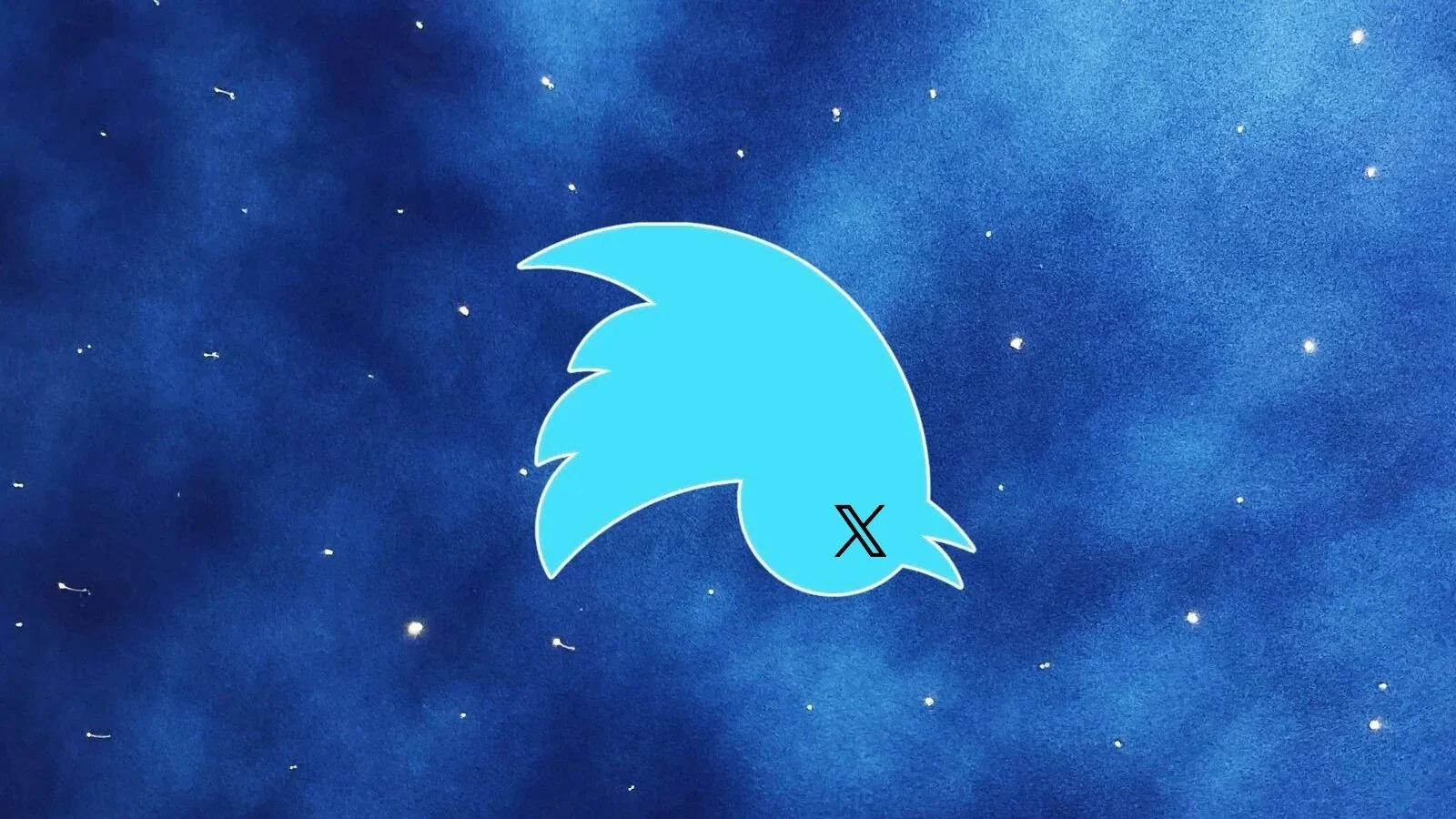cross-posted from: https://lemmy.zip/post/834308
Archived version: https://archive.ph/cQmID
Archived version: https://web.archive.org/web/20230729214729/https://www.bleepingcomputer.com/news/technology/apple-rejects-new-name-x-for-twitter-ios-app-because-rules/



Now that I think about it, is this even copyrightable? How can you copyright a letter?
It’s not a question of copyright, it’s a question of trademark. And yes, you can.
Ah, but how do you trademark a Monotype capital X when the glyph already has design protection and is part of Unicode?
They’re taking someone else’s creation and saying “when used in this trade context, it can only belong to us.”
You do it the same way everyone else trademarks stuff? I don’t see how using an existing font for the logo or the fact that it’s in Unicode makes any difference here. A logo just has to be distinctive compared to other existing trademarks, it can be made from elements that are common in other contexts.
For example, Mastercard’s logo is just a red and a yellow circle overlapping each other. Colored circles are nothing new or unusual.
Yes. That’s how trademarks work. It’s exactly what they’re for.
The thing that’s the stumbling block for Twitter’s rebranding is that “X” has already been trademarked by other companies, including in the context of social media. Not that it’s in Unicode.
Ah, I didn’t know the difference between a trademark and a copyright, it makes sense. I remember the case where Intel wanted to copyright the name of one of its old processors and they lost because they were a bunch of numbers so I thought it was comparable.
The main forms of intellectual property are trademark, copyright, patent, and trade secret, and they all have significant differences from each other that cause no end of trouble when they get mixed up in common parlance. It’s not uncommon. :)
I just did a little Googling and it seems that there’s nothing inherent wrong with trademarking numbers, Intel lost their trademark to the 386 because AMD was able to clone it and a lawsuit determined that AMD could call their clone a “386 chip” because the term had become genericized. That’s one of the things that trademarks are susceptible to that other kinds of intellectual property aren’t.
It’s not directly relevant to Apple’s app store, but since we’re on the subject of trademarks it seems that “X” is already trademarked by a number of companies, including for “social media services” by Meta. It’s rather obvious at this point that Musk didn’t make this decision with the sort of advance preparation that he should have.
There are multiple active trademarks for
Xletter. Microsoft and Meta are two the most known (there are likely to be trademark dispute between Twitter and Microsoft based on some reporting). But trademarks have to be limited to certain activities/areas, so you can have the same trademark for 10 different companies if they don’t Intersect with their activities.One of the more interesting big-name trademark collisions I can recall is Apple Computers and Apple Records (the music label the Beatles signed under). The two companies coexisted just fine for decades, and then Apple created iTunes and all legal hell broke loose because there were now two "Apple"s in the music business.
IIRC Apple Computers had negotiated usage of the Apple trademark for computers but was explicitly prohibited from doing anything music related with it. It was settled out of court but I am sure Apple records made a lot of money once they started up iTunes.